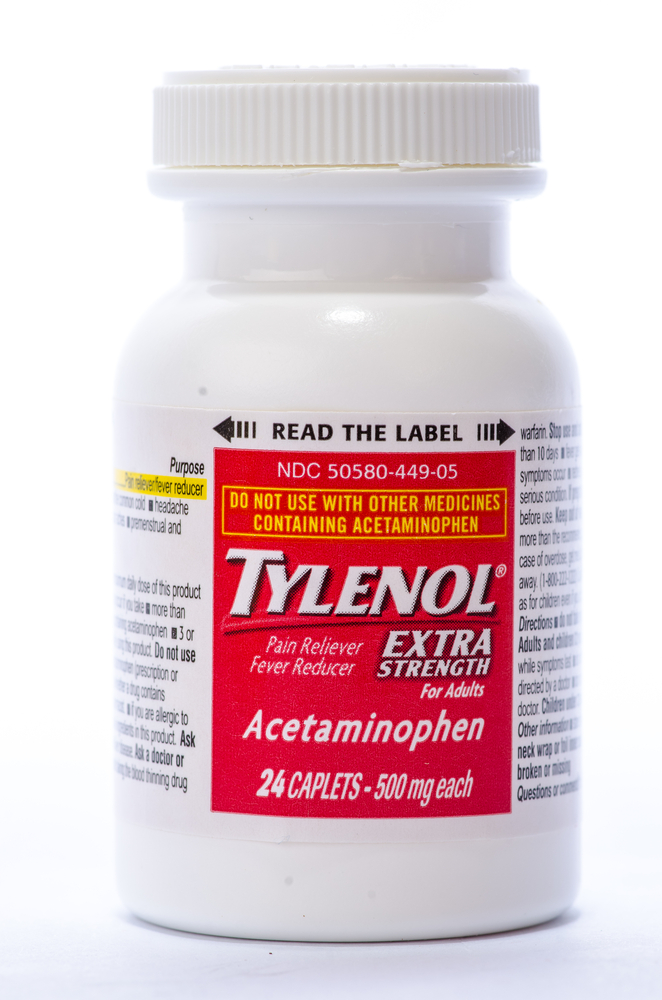Pain management is often very challenging. Patients differ from one another. One medication may totally take away the pain for one patient, while that same medication might not even touch the next patient’s pain. The type of pain is obviously an important factor as well, but one problem that I frequently come across, especially in the elderly is that maybe we give up too soon on a medication.
With a few exceptions, Acetaminophen (Tylenol) is one of the safest analgesics in the elderly. When I speak with patients who say that Tylenol doesn’t work for them, I always probe this issue a little closer, because the next inevitable step for patients after acetaminophen is usually an NSAID, tramadol, or other opioid. NSAIDs and opioids certainly have their fair share of concerns in the elderly. One of the biggest problems that patients may encounter with acetaminophen is the risk of accidental overdose as acetaminophen is in a ton of OTC and prescription products.
Many patients are reluctant to take medications and give acetaminophen an adequate trial. I’ve had numerous patients who’ve taken 325 mg or 500 mg once or twice daily and stated that acetaminophen does not work for them. It truly might not, but would we start lisinopril 5 mg and stop at that dose if it wasn’t lowering blood pressure? In patients without contraindications, it’s important to consider maximizing analgesia with acetaminophen. If this is done, we need to minimize the risk of accidental overdose by aggressively educating our patients or caregivers to seek help when selecting over-the-counter medications.
Looking for more clinical pearls? How about more free info? Check out 30 medication mistakes that I see in my everyday practice as a clinical pharmacist!



0 Comments